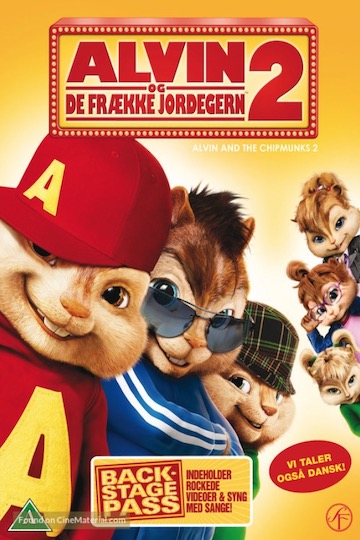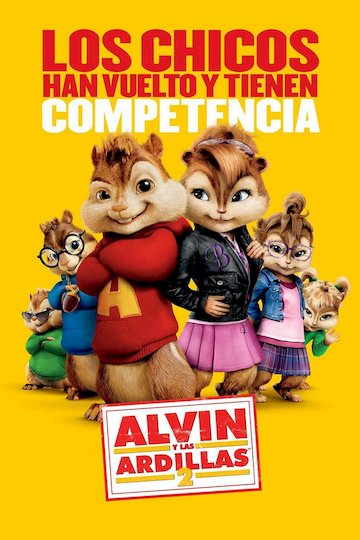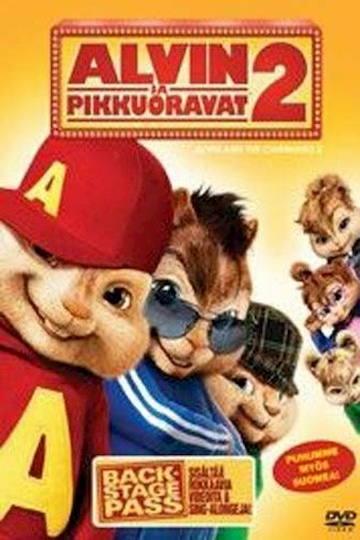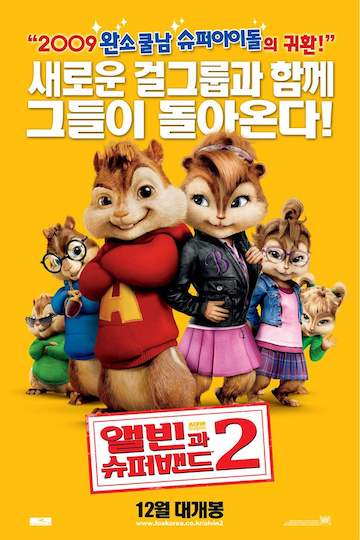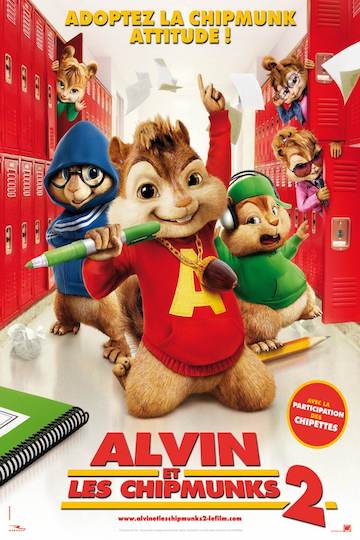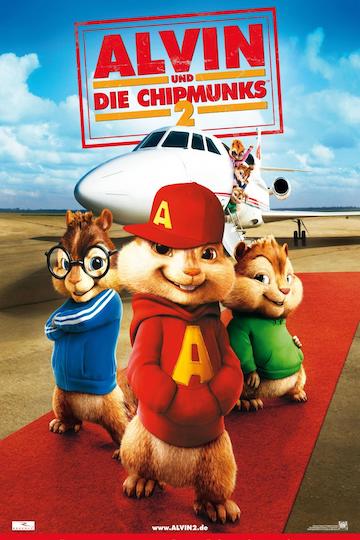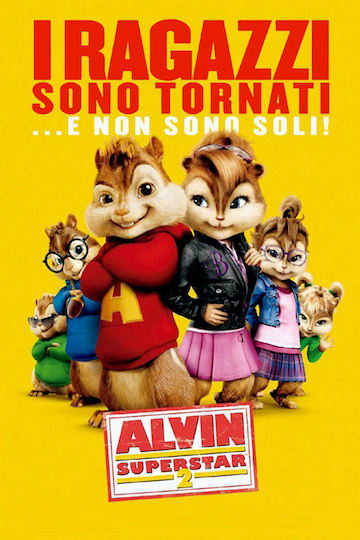Alvin and the Chipmunks: The Squeakquel
Director: Betty Thomas
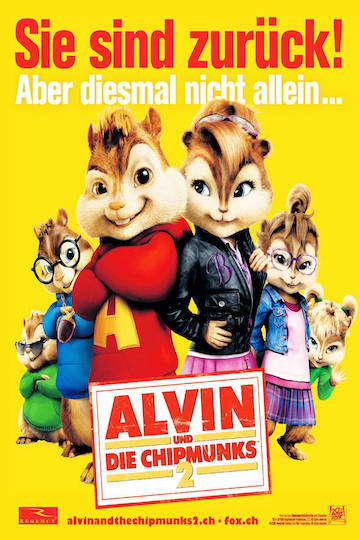
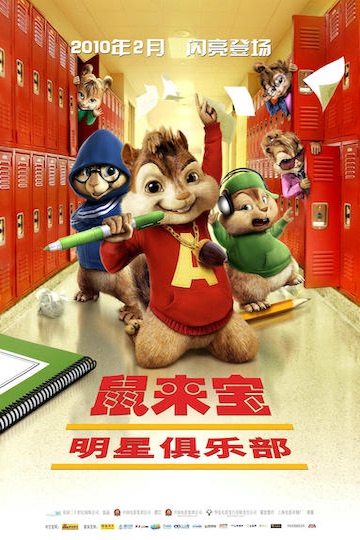
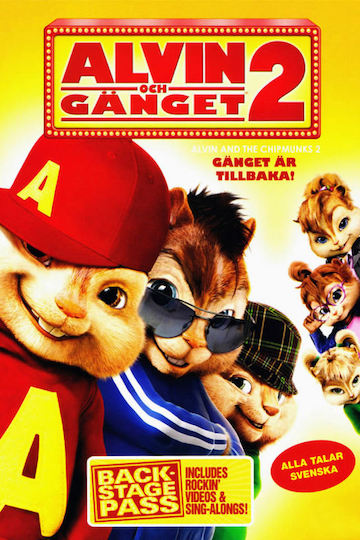
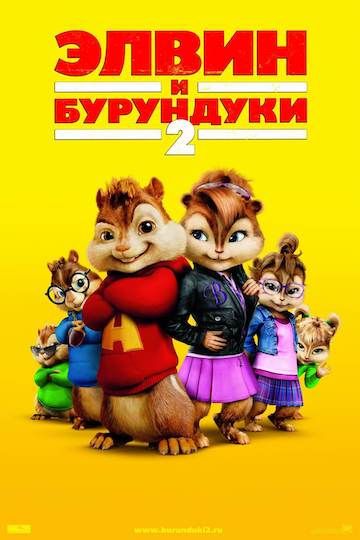
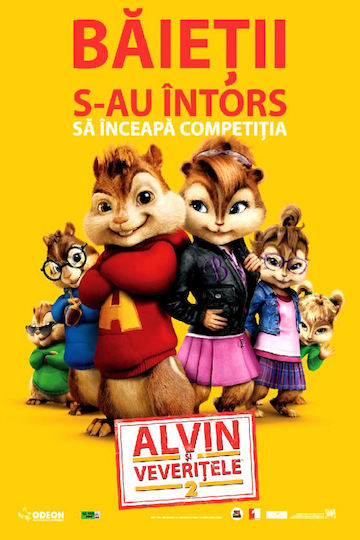

The Squeakquel grossed over $500 million theatrically worldwide, and was the most technically difficult film I’ve ever edited. Shooting began in March, with an unmovable Christmas release date and over 800 CG character animated VFX shots involving not just dialog but full performance numbers. Due to the compressed schedule, we had to turn over our first 90 shots only three weeks in to production, and then another 90 shots every two weeks following that.
These shots needed to be more or less locked… even though we were only three weeks in to production and still shooting. Because of our schedule, we had a very limited ability to make changes to the shots. We had some time budgeted for a certain amount of adjusting, but any more than that and we risked missing the Christmas release date. And adding more animators wasn’t an option: every animator in the entire world who was trained on the proprietary chipmunk animating software was already working on the film.
Every two weeks I had to evaluate all the scenes that had been cut so far and figure out which shots were the LEAST likely to change as we edited the entire film. Those were the ones we’d turn over.
To make matters more complicated, none of the chipmunk’s voices had been recorded when I cut the scenes. In the early cuts, it was mostly my crew and I temping our voices in to make sure the scenes were timed more or less correctly.
The actors voicing the chipmunks were all working full time on other television and film projects, so only when the shots were locked did we call them in to record the real dialog. At the time we made this film, the chipmunk voices were created by recording the actors to tape running at a slower than normal speed: there wasn’t yet a digital way to create the voices. Each actor needed to be recorded at a slightly different speed, and this technical factor along with actor availability meant that each chipmunk was recorded completely separately. But all of the voice actors are extremely talented improv comics, so whenever they came in for recording sessions, lines would change as they came up with funny ideas. A new idea from one actor meant we would often need to change the lines of the other chipmunks in that scene so they could react appropriately. So that often meant calling actors back in to ADR to make the fixes.
But many of these shots were already in the animation pipeline… motion tracking, blocking, and body movement could be worked on before the real dialog was required for lip sync. The trick was making sure all these line changes happened BEFORE they would require redoing animating work… we didn’t have the resources to throw away work and still make our release date.
As animation progressed, we had a narrowing window of what kinds of changes we could make. If the dialog change didn’t necessitate a change to body language, for instance, that change would be ok if the shot had not gone into lip sync yet. But if the new line affected overall posture or facial expression, and the animators had already begun work on that stage, we had a problem.
In order to navigate all these moving targets and time constraints without jeopardizing the release date, I needed to know exactly where in the animation pipeline every shot was at all times. Open communication with the animation department was essential in making sure we kept animation changes to the barest minimum.
In order to navigate all these moving targets and time constraints without jeopardizing the release date, I needed to know exactly where in the animation pipeline every shot was at all times. Open communication with the animation department was essential in making sure we kept animation changes to the barest minimum.
I remember coming in to work on a daily basis and looking at a long list of things that HAD to be done that day or we’d be fucked. There was never enough time in the day to do them all, so I ordered the list based on how hard we’d be fucked if we missed doing each thing, and concentrate on just the things that would fuck us the most. It was the most stressful, complicated, intricate post process I’ve ever been involved with. But at the end of the film, the VFX Producer told me it had also been the smoothest post process he’d seen in a long long time. That couldn’t have happened without constantly open lines of communication, a daily re-prioritization of tasks, and the finest attention to detail to ensure nothing ever slipped through the cracks.
